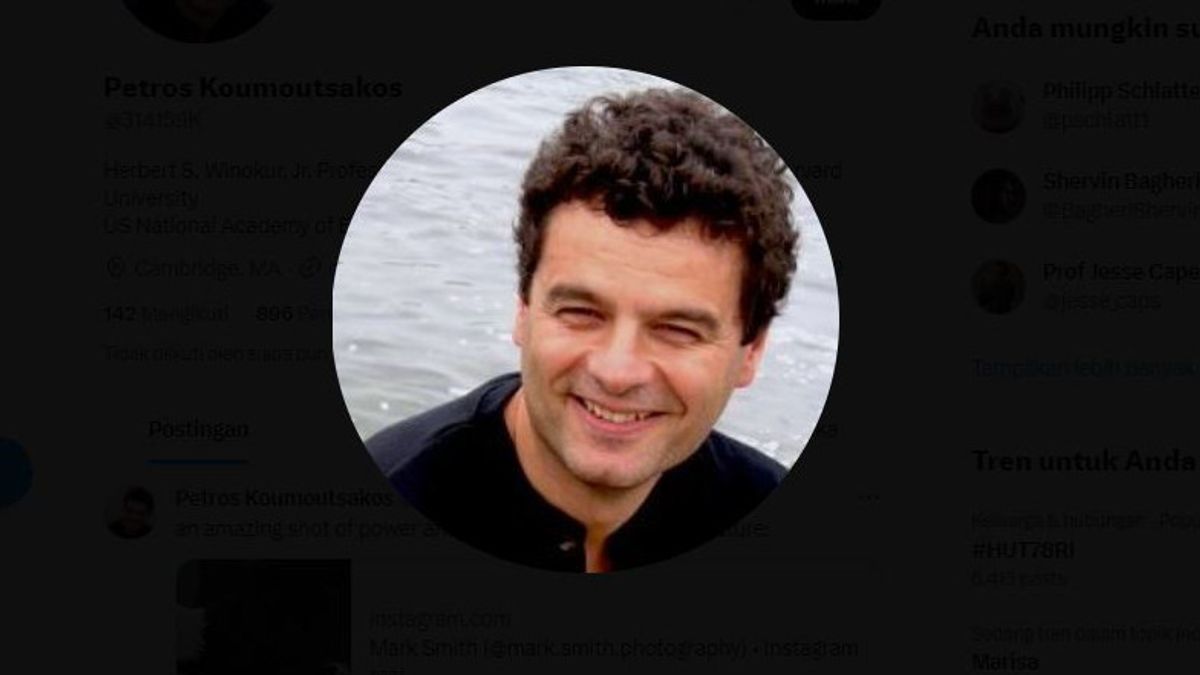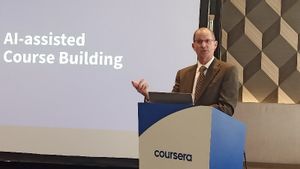JAKARTA - A scientist at Harvard University uses Google's cloud platform to clone a supercomputer in a heart disease study. This is an innovative step that other researchers can follow to address the scarcity of strong computing resources and accelerate their work.
The study simulated a therapy aimed at dissolving blood clots and tumor cells in a human blood circulation system that requires large computing power that is usually only utilized by supercomputers, according to Harvard professor Petros Koumoutsakos.
"The big problem we are facing is that we can only run one simulation using a full-sized supercomputer," Koumoutsakos said, adding that improvement or optimization of simulations requires further access to supercomputers.
In the United States, there are only a few supercomputers capable of carrying out billions of calculations to accurately imitate the conditions in the Koumoutsakos study.
The number of machines capable of doing this research has created obstacles in the scientific process, according to the head of research platform Citadel Securities, Costas Bekas.
To remove these barriers, researchers and companies such as Citadel that require a large amount of computing resources contained only in the supercomputer have begun switching to the public cloud.
SEE ALSO:
However, cloud computing operations are not designed to deal with the demands possessed by the researchers. They are designed for millions of relatively small individual computing tasks - things like video streaming, serving web pages, or database access. Clouds are usually built for reliability and resilience.
"People are aware of the potential of clouds to solve technical scientific problems and computations technically to really increase productivity and get better answers and insights, faster," said Bill Magro, the top high-performance computing technologist at Google Cloud.
Modifying cloud infrastructure to behave like a supercomputer requires changes in hardware physical software, network and design, says Magro. Citadel helps sponsor Coumoutsakos research with Alphabet Inc. Google's subsidiary.
The English, Chinese, Japanese, Arabic, and French versions are automatically generated by the AI. So there may still be inaccuracies in translating, please always see Indonesian as our main language. (system supported by DigitalSiber.id)












